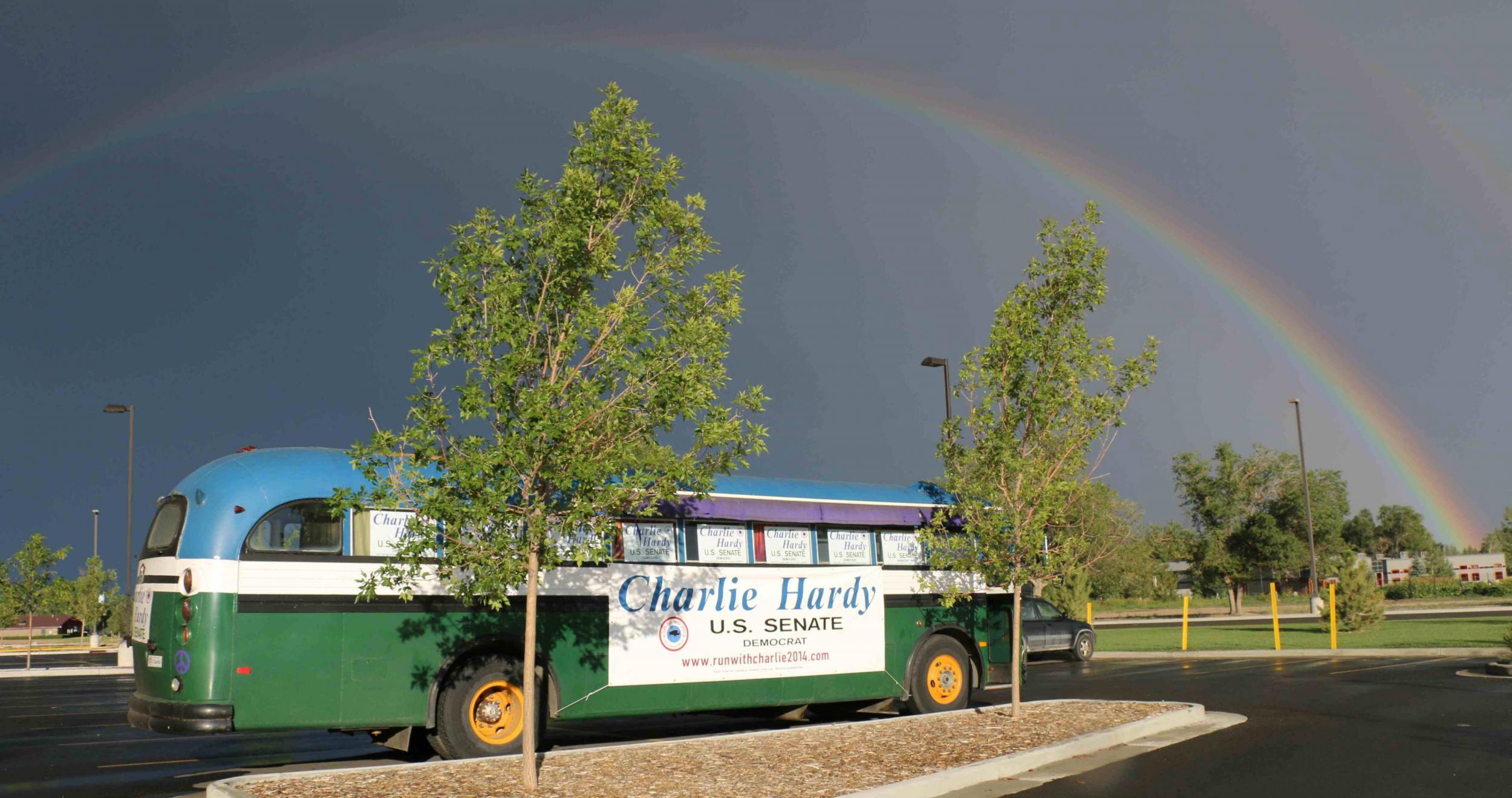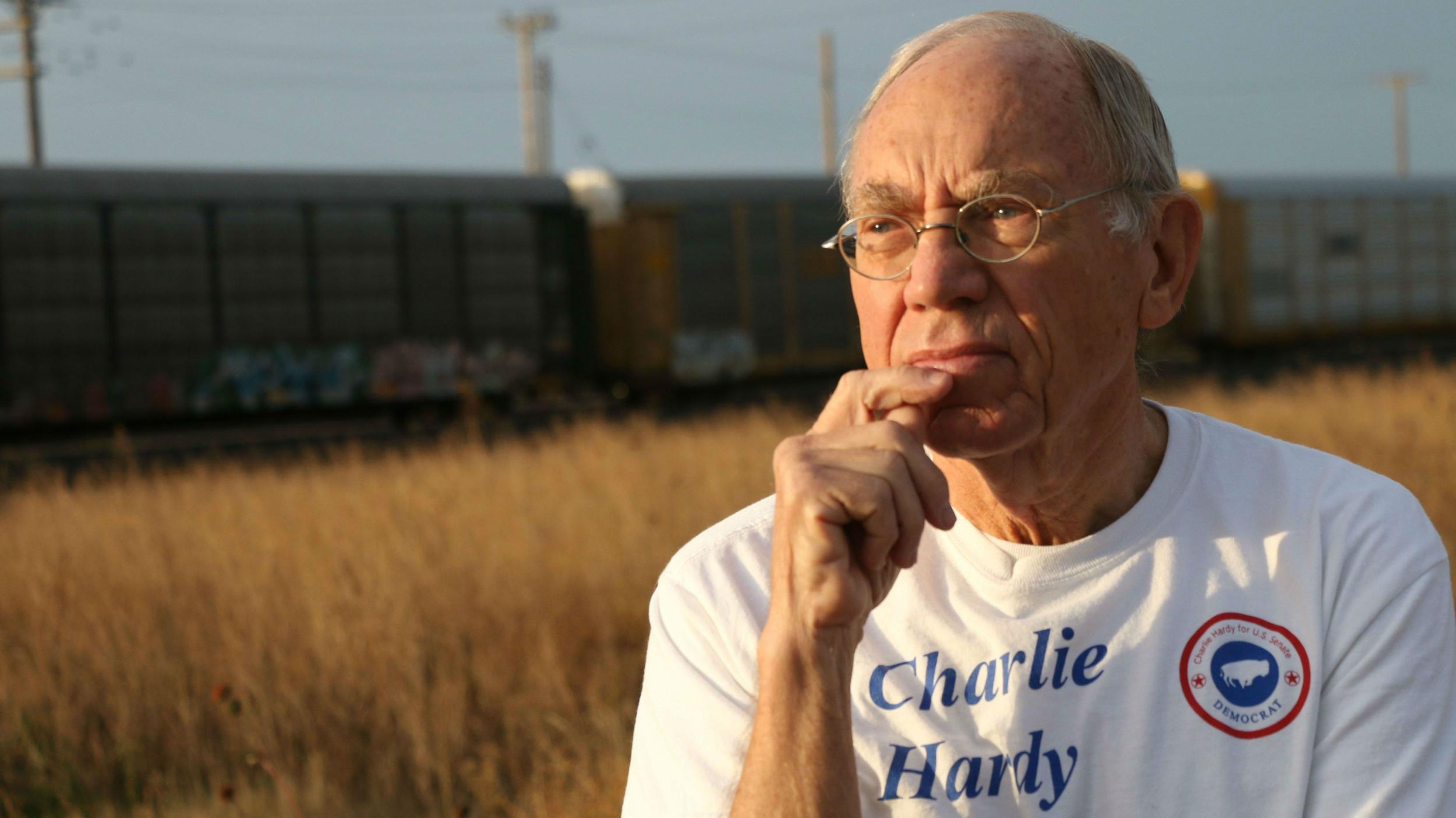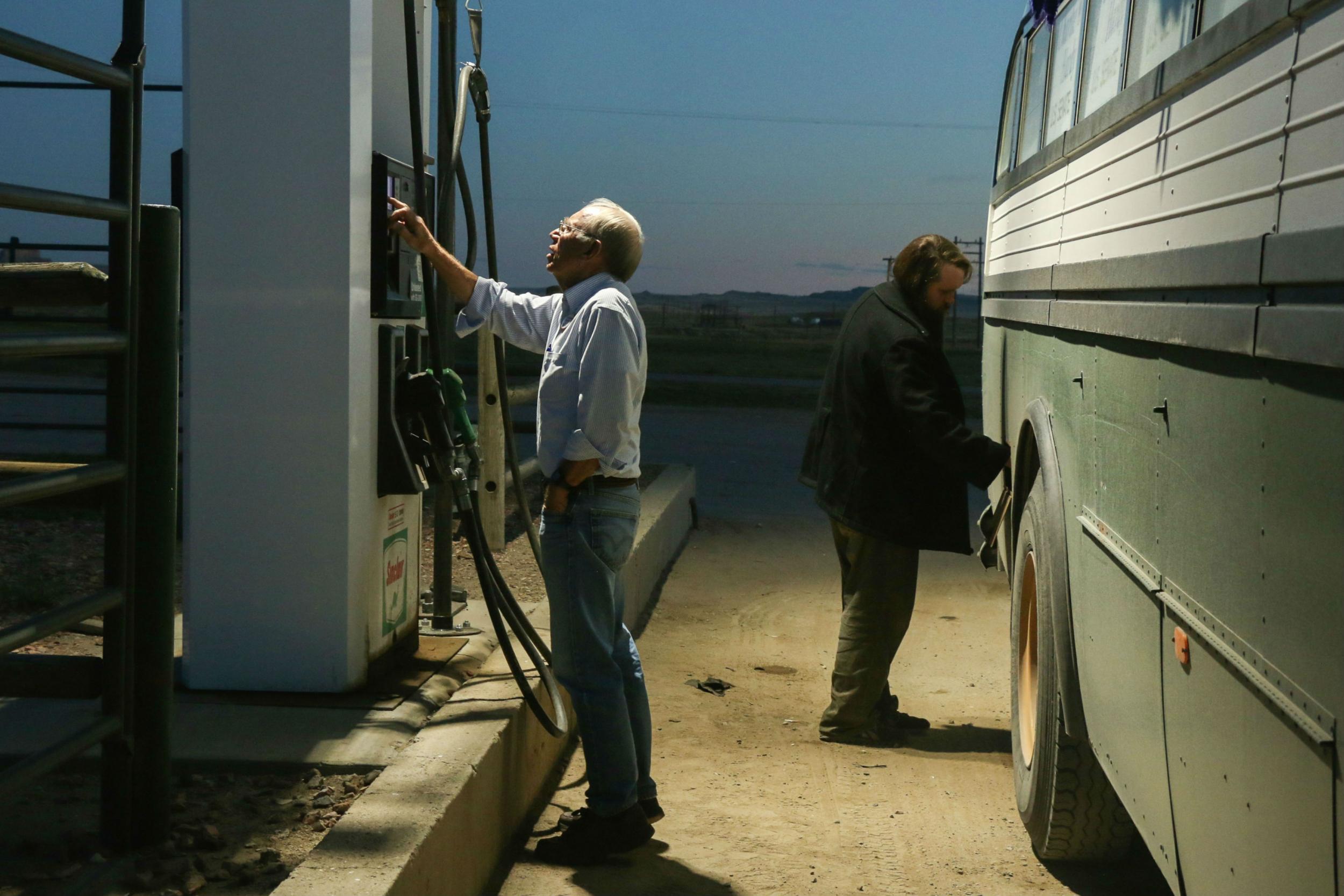'Charlie vs Goliath': Meet the former Catholic priest battling to get corporate money out of politics
Like fellow septuagenarian Bernie Sanders, Charlie Hardy thinks politics is not the place for big money
Your support helps us to tell the story
From reproductive rights to climate change to Big Tech, The Independent is on the ground when the story is developing. Whether it's investigating the financials of Elon Musk's pro-Trump PAC or producing our latest documentary, 'The A Word', which shines a light on the American women fighting for reproductive rights, we know how important it is to parse out the facts from the messaging.
At such a critical moment in US history, we need reporters on the ground. Your donation allows us to keep sending journalists to speak to both sides of the story.
The Independent is trusted by Americans across the entire political spectrum. And unlike many other quality news outlets, we choose not to lock Americans out of our reporting and analysis with paywalls. We believe quality journalism should be available to everyone, paid for by those who can afford it.
Your support makes all the difference.When former Catholic priest Charlie Hardy returned to Wyoming after working among the poor in Venezuela, he did not much like what he saw. There, too, was homelessness and hunger, poverty and despair. He decided to try and fix things by running for the US Senate. If he could get elected, he figured, he could really change people’s lives.
The only trouble was that red state Wyoming had not elected a Democratic senator since 1970, and the current Republican incumbent, Mike Enzi, was supported by a huge campaign chest bolstered by corporate donations – something Hardy had rejected.
That unequal contest, when Hardy and a handful of unpaid volunteers took on Enzi and his corporate donors, is the subject of Charlie vs Goliath, a feature-length documentary that is nominally about one man’s battle to take on the political establishment and show you can win in politics without discarding your values.

But the film, directed and produced by Reed Lindsay with assistance from Jihan Hafiz, is more than that; it is also a rich meditation on whether simply trying to achieve the seemingly impossible – Hardy was defeated by a record margin – can have a positive impact by itself. The movie is powerful, passionate, and frequently very funny.
“You are not cut out to be a politician You’re too decent, too honest,” Lindsay told Hardy at a recent private screening of the film in New York, as he explained why he decided to make it. “I’ve covered politics for a long time, in lots of countries. But I thought, if he was serious about the issue of getting the money out of politics, that’s a story.”
He added: “The other central issue is about trying to do something positive, even if you don’t think you are making a difference.”
Hardy, who was born in 1939, is a compelling character. From the moment we meet him running past the wind farms of Wyoming against a huge sky – the image of Don Quixote and his windmills presumably in his mind – it is clear he has not fully cast off his priest’s robes.
In his interactions with potential supporters and backers, he laughs and jokes, and offers humble insights. He believes the level of support for him is much larger than the polls show, and that if he can simply meet its estimated 445,830 citizens of voting age, that he will be able to win them over simply by his cheer, good heart and common sense views.
Frequently, senior Democrats tell him he ought to focus on raising money for television adverts and radio spots. He tells them he is trying to get money out of politics, not put it in. Most of the 750 or so letters his team mails out are to people he knows.

Watch Apple TV+ free for 7 days
New subscribers only. £8.99/mo. after free trial. Plan auto-renews until cancelled

Watch Apple TV+ free for 7 days
New subscribers only. £8.99/mo. after free trial. Plan auto-renews until cancelled

As a result, the donations arrive in drips. A $10 (£8) donation here, a $5 donation there. Somebody sends $1. A 100-year-old woman donates $100, along with a bag of freshly dug carrots for the volunteers. Hardy’s sister makes tuna sandwiches for everyone. In the end, Hardy raises around $50,000, his opponent around $3m.
“People have called me the Bernie Sanders of Wyoming,” Hardy joked to his New York audience. “But I like to think of Bernie as the Charlie Hardy of all America.”
The film, which is to have its world premiere at the Big Sky Documentary Film Festival in Missoula, Montana, on 19 February, follows Hardy and his team of four volunteers as their campaign tour makes its way around Wyoming, from the Tetons to Casper.

Lindsay spent months accompanying them, and like Hardy’s grassroots campaign, the documentary was funded largely by Kickstarter donations.
That Hardy lost the 2014 Senate race, securing barely 17 per cent of the the vote, surprised nobody, except perhaps him. But two years later he is back, challenging for the 2016 House race, with a different van, a new colour for his T-shirts, and a much larger group of volunteers, inspired to be there because of what their candidate is trying to do. This time, he loses again, but his share of the vote leaps to more than 40 per cent.
Hardy said he believed the message was to keep on trying to do good. There was no greater thing somebody could do, than to walk alongside another human being, to support them, to accompany them.
As for his solution for shaking up the political system, “We need to talk to young people. We need to get them involved,” he said. “And then we need to clear out of the way.”

Join our commenting forum
Join thought-provoking conversations, follow other Independent readers and see their replies
Comments